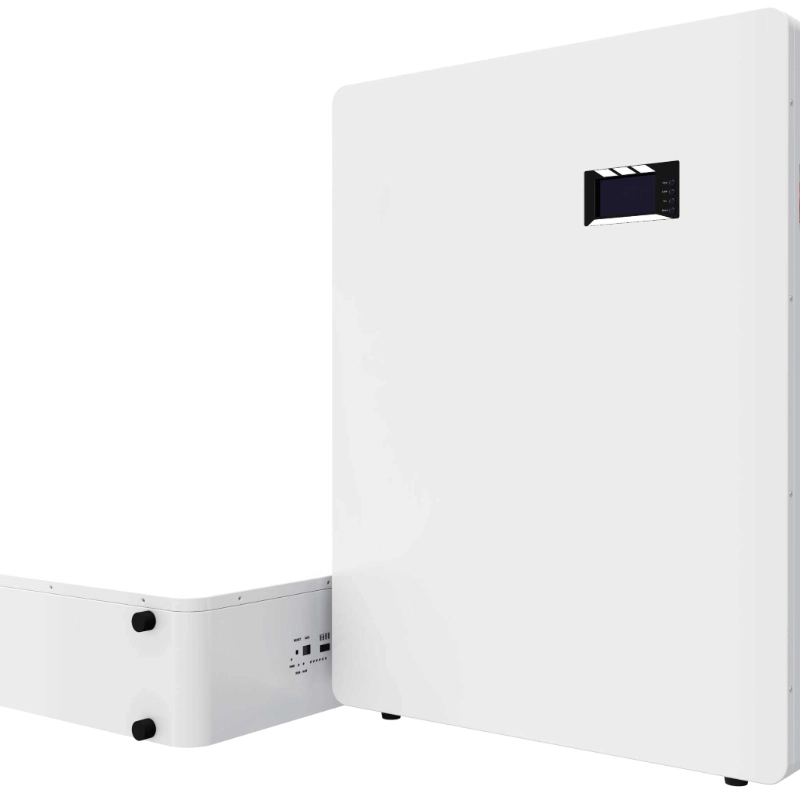From Sunlight to Profit: How Solar Power Storage Aids Home Owners

As global society gradually targets clean energy, residents seek smarter ways to utilize the sun's power. Solar energy storage solutions are emerging to be a vital component in this transition, enabling families to utilize the energy generated by their solar panels and store it for subsequent consumption. This advancement not just enhances energy efficiency but also provides homeowners with a sense of achievement in energy independence and significant savings on their utility bills.
Committing to a home battery solar system allows residential solar energy can be used long after the sun goes down. With a residential solar battery system, homeowners can store excess energy generated during the day, ensuring they have the resources for power when it's most essential. This feature can significantly reduce reliance on the utility network, protect against increasing energy costs, and enhance the overall eco-friendliness of a household. The advantages of solar storage reach beyond just financial savings; they also support a greener environment by encouraging the use of clean energy.
Grasping Solar Battery Systems
Photovoltaic storage solutions are intended to capture and keep the power generated by photovoltaic panels for later use. This innovation allows homeowners to utilize solar energy even that the sun isn't shining, such as at night or on overcast days. By keeping excess power created during peak sunlight periods, homeowners can substantially reduce their reliance on the electric grid and decrease their electricity costs.
A residential battery system commonly includes battery units that are charged using energy from solar panels. The captured power can then be accessed during peak-demand periods or blackouts, providing a consistent power source. This potential to utilize and retain solar energy enhances the overall efficiency of a home solar battery system, ensuring that homeowners can optimize their investment in renewable energy.
Committing resources to solar battery doesn't just supports energy independence but also provides long-term economic advantages. By reducing reliance on grid electricity, homeowners can take advantage of reduced electricity costs, and prospective government rebates can boost savings. The implementation of solar battery systems is on the rise as more homeowners seek eco-friendly and cost-effective energy options for their homes.
Advantages of Home Energy Storage Systems
Home battery systems offer a special advantage by permitting homeowners to save excess energy generated from their solar panels for subsequent use. This means that during bright days when solar production is high, any surplus energy can be stored in the battery rather than being sent back to the grid. https://www.yangruienergy.com/category/products/energy-storage-series/ can then leverage this stored energy during peak hours or times of low sunlight, leading to significant savings on their electricity bills. This shift not only promotes increased energy independence but also maximizes the complete efficiency of their solar energy system.
Another key benefit is the increased reliability and stability of energy supply. With a residential solar battery system, homeowners can ensure that they have access to power even during grid outages. This is particularly crucial in areas prone to extreme weather or unstable energy infrastructure. By having a backup source of power, homeowners enjoy comfort knowing that their essential devices and appliances will remain functional, no matter external conditions.
Moreover, integrating a home battery solar system can enhance the complete value of a property. As energy efficiency becomes progressively important to homebuyers, having a trustworthy solar storage solution can make a home more appealing in the property market. Prospective buyers often look for features that lower long-term energy costs, and a well-installed battery system can set a property aside, offering both environmental benefits and economic benefits.
Financial Benefits with Solar Storage
Implementing a solar battery system can lead to considerable savings for homeowners. By harnessing energy produced during the day and storing it for later use, homeowners can rely less on the grid, especially during peak hours when electricity rates are often maximized. This ability allows families to draw on their solar power for household use, thus decreasing their electricity costs.
Additionally, many household solar battery systems come with advantages such as tax incentives, cash back, and payment plans, making them appealing. As the expense of battery technology continues to drop, the initial investment becomes less burdensome, allowing more homeowners to benefit of these savings. Over time, the money saved on electricity costs can balance the installation costs, contributing to overall financial benefits.
Furthermore, with volatile energy prices and the rising threat of service interruptions, having a home battery solar system can provide both security and financial savings. Homeowners can avoid expensive electricity prices and make sure they have energy during outages, thus avoiding the requirement for expensive generators. The enduring advantages of solar battery systems not only improve self-sufficiency but also contribute to a more stable economic landscape.
Selecting the Appropriate Solar Power Storage Unit for Your Own Home
Selecting the ideal solar battery for the home requires comprehending your energy needs and how much power you wish to store. Take into account factors including your daily energy consumption, your solar panel system size, and the typical electricity usage patterns. Homeowners should evaluate if they wish to fully depend on battery storage during outages or just reduce high electricity costs during peak hours.
It's additionally crucial to assess which type of battery technology that best fits your requirements. Lithium-ion batteries are popular due to the efficiency and longevity, whereas lead-acid batteries may be more affordable but come with shorter life spans and lower efficiency. Take note of the battery's capacity and power rating, as these will determine how much energy can be stored and the amount that can be used simultaneously.

Finally, take into account warranties, installation costs, and how well it works with the existing solar panel setup. Researching reputable brands and reading customer reviews is beneficial to narrow down the options. By carefully considering these elements, one can choose a residential solar battery system that fits not only your budget but also maximizes the solar investment.
